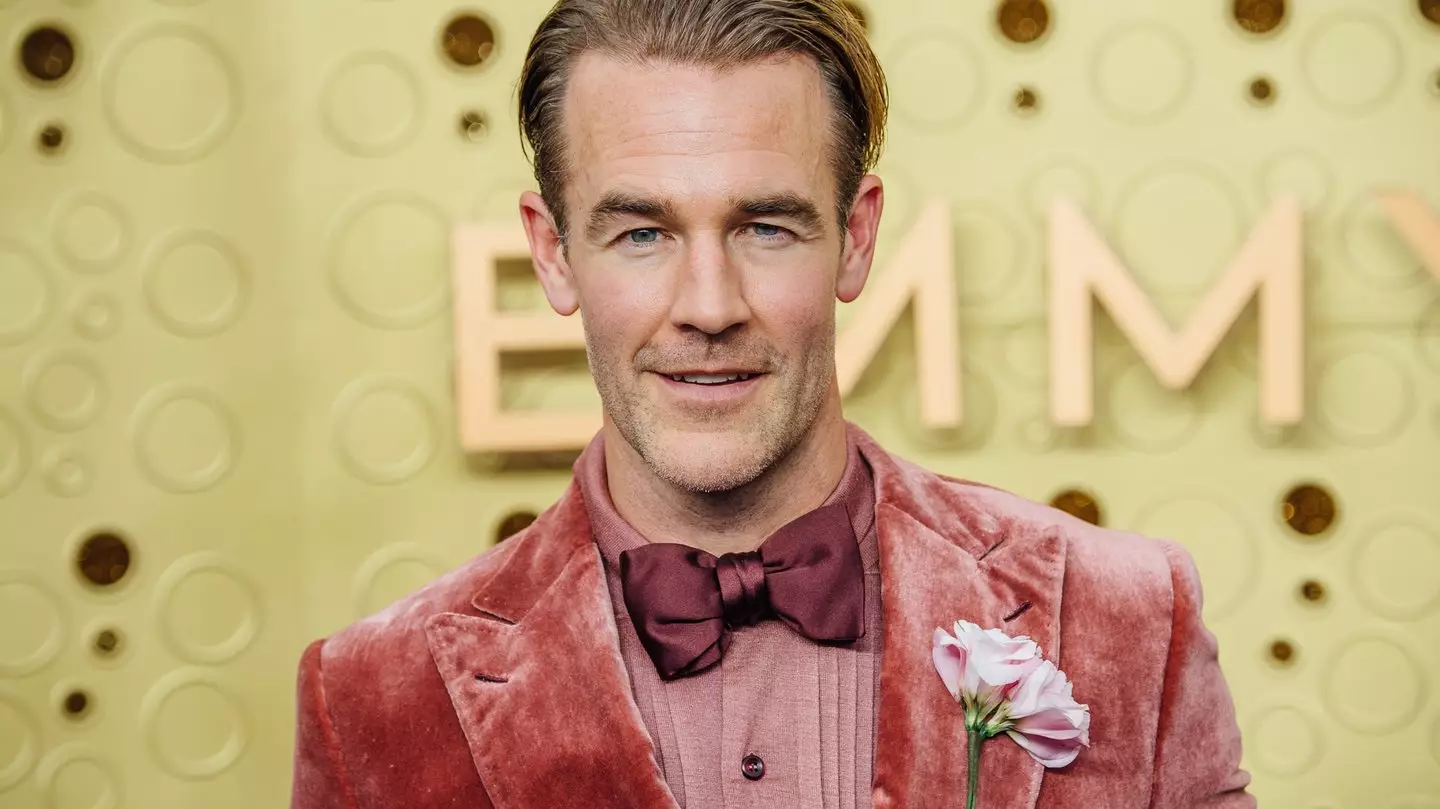
Today


Bowel cancer is the second leading cause of death in America with an increasing number of people under 50 developing the disease

The world of social media is one that Harry Potter star Radcliffe avoids for a very good reason

The sports presenter claims the vice president gives off 'demon energy'

Aspiring nurse Maddie Clary was just about to start her new career when a migraine developed into a condition that doctors couldn't diagnose

Cancer cases are on the rise globally so it's important to be aware of the symptoms

Popular Pornhub search terms have changed following the Super Bowl

Trump's return to office has shaken the US' allies in Europe

It's not the only item of clothing that she has urged passengers not to wear

Some of the discontinued sports at the Olympic Games, including pistol duels, were dropped for a good reason

A decision will be made on whether the project can go ahead in March

The volcano in Mexico hasn't erupted since 1982
Yesterday

Seamus Culleton has been held in an ICE facility since last year

Margot Robbie stars alongside Jacob Elordi in the steamy romance

The governor of the Lombardy region has confirmed that athletes are provided with free condoms

The renowned TV chef revealed he'd 'messaged a little bit' with Brooklyn following his allegations about his parents

Jared Van Der Beek admitted he didn't realize the loss of his brother would 'hurt so badly'

Marc Kennedy didn't hold back after being accused of double touching the stone
.jpg)
The sex position is a classic...

Two experts have highlighted the many foods and drinks that could be weakening your performance in bed

Vonn was badly hurt after crashing out of the Winter Olympics

Nancy Guthrie was last seen on January 31

It caused major disruption to travelers

The actor's family made the announcement on February 11 that he had died







